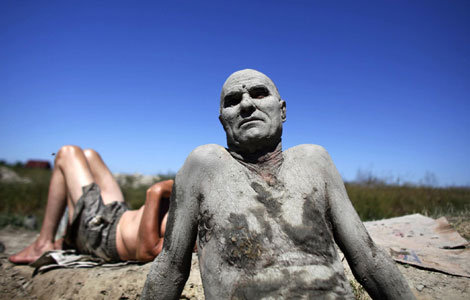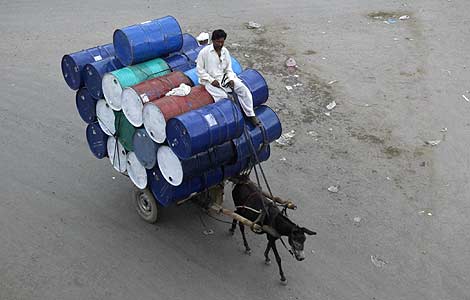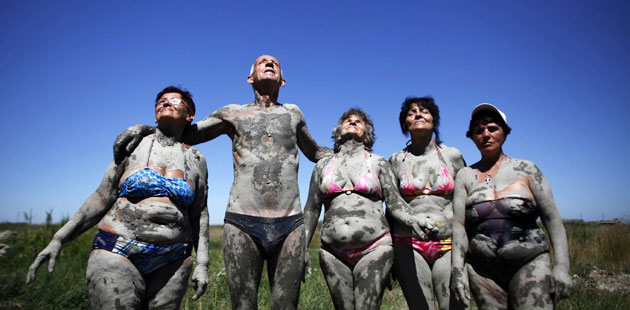More high-speed trains slow down to improve safety
Updated: 2011-08-23 07:49
By Xin Dingding and Zhang Qi (China Daily)
|
|||||||||||
BEIJING - More high-speed trains will slow down starting Sunday to increase safety, rail authorities said.
The announcement comes as media disclosed new problems with one model of the high-speed train.
Rail authorities said that the last 350 km/h rail service between Shanghai and Hangzhou will slow to 300 km/h starting Aug 28. Seven other lines that had operated at 250 km/h will now go 200 km/h.
Last Tuesday, three railways slowed down and the number of trains on the Beijing-Shanghai high-speed railway was reduced from 88 pairs a day to 66 pairs a day, because China North Locomotive and Rolling Stock Corp Ltd (CNR), one of China's two major train manufacturers, recalled 54 CRH380BL trains.
Though CNR explained the recall was due to "small problems with components", Caixin Century Weekly magazine speculated that the real reason behind the recall may be cracks on the train axles.
The magazine reported that maintenance workers with the Jinan railway bureau discovered a 7.1-millimeter-long, 2.4-millimeter-wide crack on an axle of a CRH380BL train on July 15. It was suggested the axle be replaced.
Any axle that has a crack longer than 2 millimeters must be replaced, according to standards set by the railway ministry. Otherwise, the axle could break and the train may derail.
The magazine said at least four axles on such trains have so far been replaced because of flaws.
The claim was immediately denied by CNR.
Tan Xiaofeng, a spokesman for the corporation, told China Daily on Monday that what maintenance workers detected was just a suspected crack.
"An expert team from the Ministry of Railways later came and studied it. The conclusion is that it was not a crack," he said, without elaborating but blaming flaw detectors that are too sensitive.
He earlier told Beijing Daily that the CRH380BL trains, with a designed top speed of 380 km/h, operated for a total of 6.8 million kilometers from June 30 to Aug 16, and none of the trains had to change an axle.
The recall has nothing to do with the suspected crack, he said.
The Ministry of Railways declined to comment on Monday.
The new discovery has added to public concerns over the safety of the high-speed rail network, which is now under a safety overhaul following the July 23 crash of two bullet trains that killed 40 people and left nearly 200 injured.
Chen Yang, a 23-year-old university student in Beijing, said that she had no trust in high-speed trains now.
"All those measures, including slowing the speed, are not enough to erase my fear about high-speed trains. I still prefer flights over trains."
On Monday, Huang Yi, spokesman for the State Administration of Work Safety, said during an online chat that railway departments should assess the safety of high-speed rail projects and build safety facilities along with rail tracks to avoid more tragedies.
Shares of Shanghai-listed CNR fell 1.7 percent to 4.58 yuan (71 cents) on Monday.
Share prices of CNR and China South Locomotive and Rolling Stock Corp, the country's two major train manufacturers, have fallen more than 20 percent since the crash on July 23, as investors became concerned that the crash may trigger a slowdown of the country's investment in its ambitious railway construction.
Zheng Jinran contributed to this story.
Related Stories
Commuters fear strain on trains 2011-08-17 07:56
Recalled high-speed trains pull over for overhaul 2011-08-17 07:26
Speeds, prices cut on high-speed trains 2011-08-16 12:03
China recalls 54 trains 2011-08-16 09:23
- Live Report: Gadhafi on the run as rebels fight
- More trains slow to improve safety
- Trade balance possible next year
- Vinegar blamed for Xinjiang deaths
- Prosecutor to drop Strauss-Kahn case
- CNPC terminates 6 overseas projects
- Trust is vital for China-Japan ties
- Live Report: Gadhafi's rule 'crumbling' in Libya
Hot Topics
Anti-Gay, Giant Panda, Subway, High Speed Train, Coal Mine, High Temperature, Rainstorm, Sino-US, Oil Spill, Zhu Min
Editor's Picks
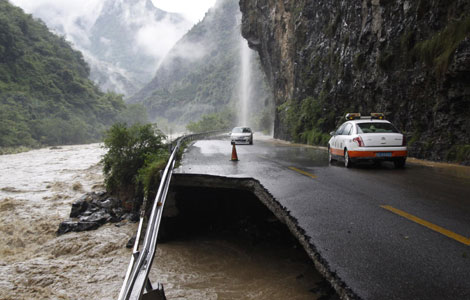
|

|
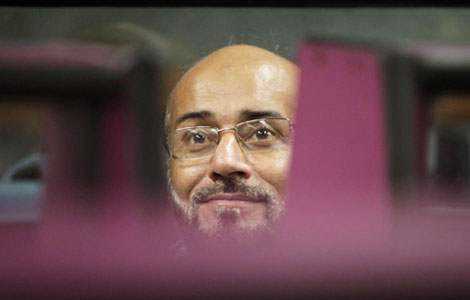
|

|

|

|


